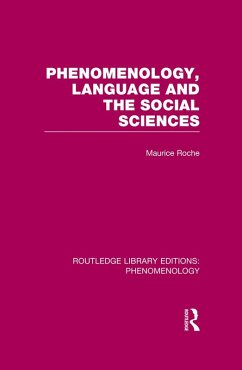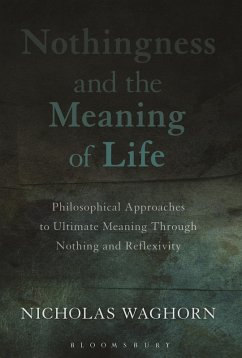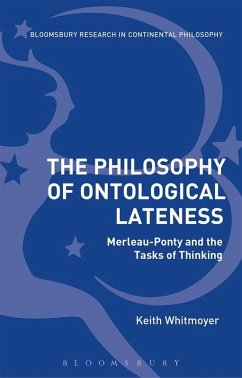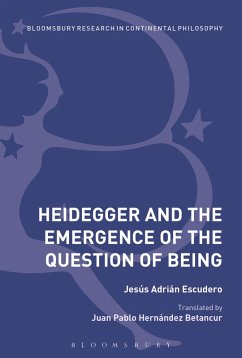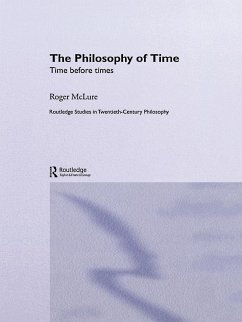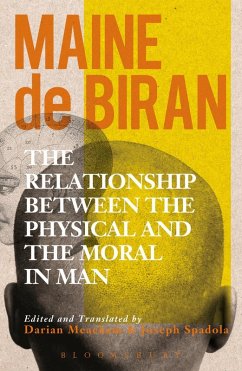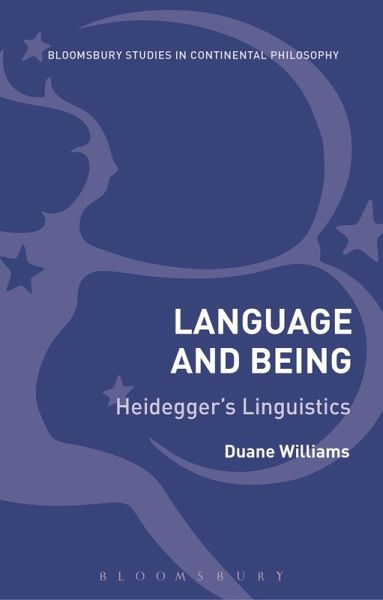
Language and Being (eBook, ePUB)
Heidegger's Linguistics

PAYBACK Punkte
14 °P sammeln!
Martin Heidegger's radical and, for that, controversial reflections on language were not simply a passing interest in his thinking, but a fundamental, career-long concern arguably as significant to him as his study of being. This book traces the intimate connection between language and being in Heidegger's philosophy, and shows how they cannot be understood apart from one another. It discusses why Heidegger's undervalued philosophy of language is increasingly important, how it figures in the wider context of his work, and how it is to be approached and understood for our times. This includes t...
Martin Heidegger's radical and, for that, controversial reflections on language were not simply a passing interest in his thinking, but a fundamental, career-long concern arguably as significant to him as his study of being. This book traces the intimate connection between language and being in Heidegger's philosophy, and shows how they cannot be understood apart from one another. It discusses why Heidegger's undervalued philosophy of language is increasingly important, how it figures in the wider context of his work, and how it is to be approached and understood for our times. This includes the significance to Heidegger of being, the logos principle, etymology, phenomenology, mysticism, and poetry. Illuminating a difficult yet highly significant area in Heidegger's thinking, Williams provides an insightful and authoritative interpretation of the topic.




